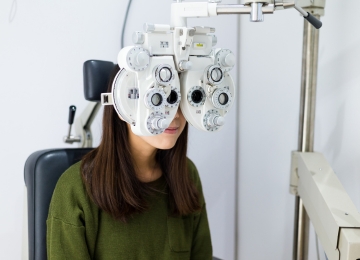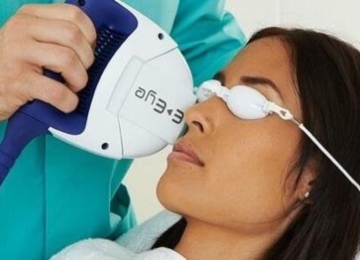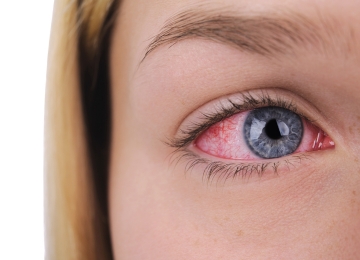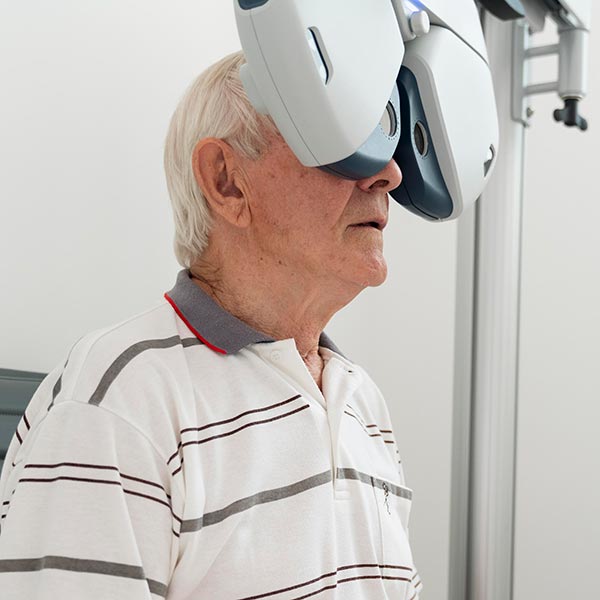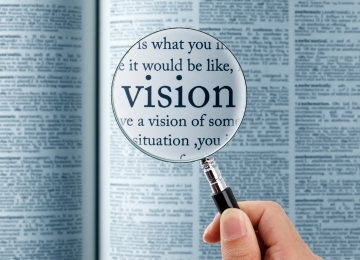
Grant and Douglas believe the importance of providing you with quality eye care
Grant and Douglas are an independently owned and operated business that serves the vision and eye health needs of your entire family. By providing high-quality services, and products, our expert team will guide you towards better vision.
We offer comprehensive eye examinations for all age groups, contact lenses, emergency consultations, dry eye assessment, myopia management and post LASIK follow up. Our eyewear selection is versatile, high quality, and great value.
The ultimate goal of Grant & Douglas is to make sure we provide you with what we expect for our family – only the best.
We use advanced diagnostic tools to quickly assess your condition and provide accurate treatment.
Importance of looking after your eyes
Taking care of your eyes is crucial for maintaining overall health and quality of life. Good vision allows us to perform everyday tasks efficiently, enjoy hobbies, and stay independent as we age. Regular eye check-ups can help detect early signs of eye conditions such as glaucoma, cataracts, and macular degeneration, which may lead to vision loss if left untreated. Additionally, practicing healthy habits like wearing UV-protective sunglasses, following a balanced diet rich in eye-friendly nutrients, and avoiding prolonged screen exposure can preserve eye health and reduce the risk of long-term damage. Prioritising eye care now ensures clearer vision and a healthier future.
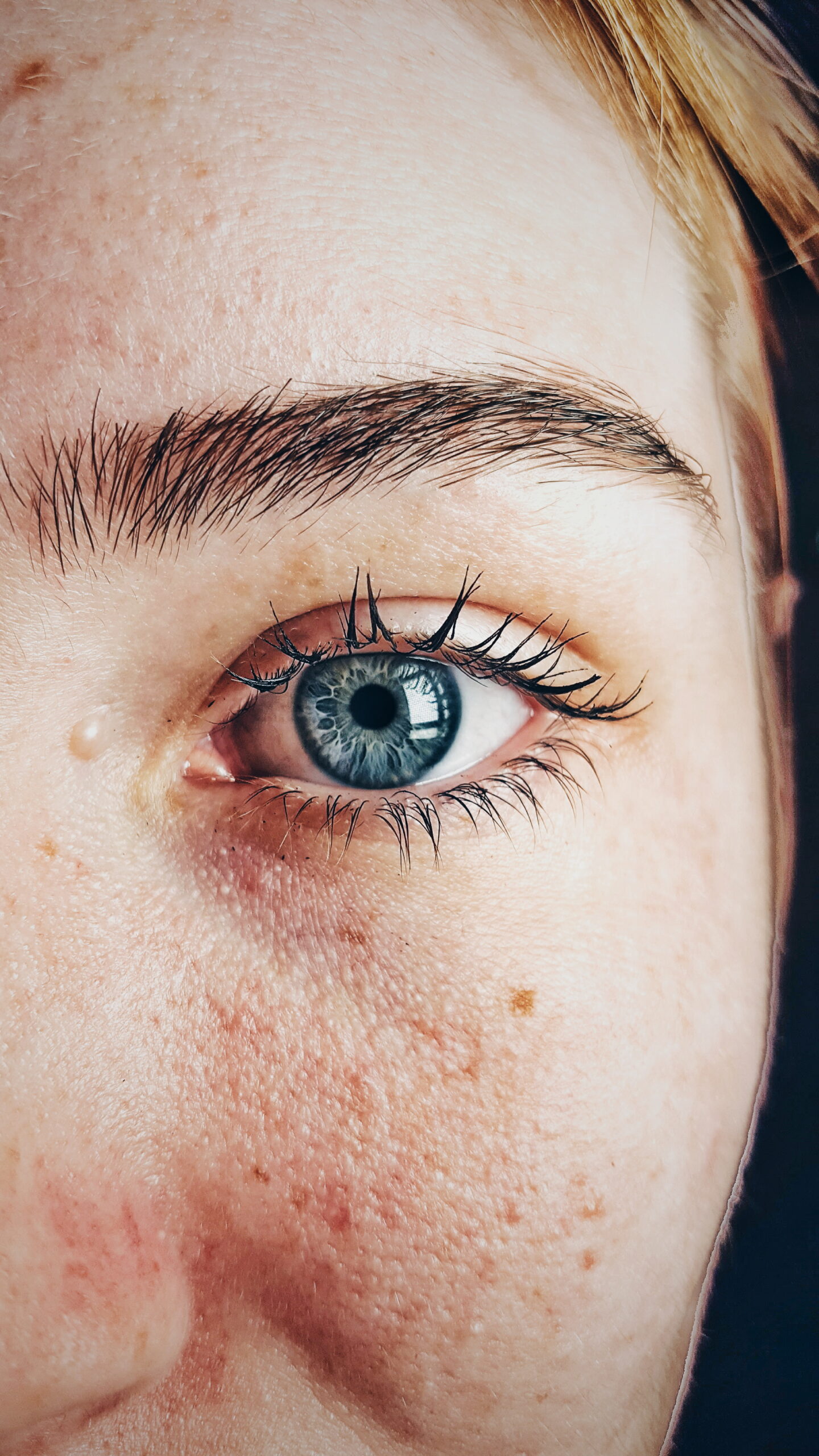
Common Eye Disorders and Diseases
Glaucoma is a group of eye conditions that damage the optic nerve, often caused by abnormally high pressure in the eye. It can lead to gradual vision loss, starting with peripheral vision and potentially progressing to blindness if untreated. Glaucoma is often painless and without noticeable symptoms in its early stages, which is why regular eye exams are crucial for early detection. Treatments include eye drops, laser therapy, and surgery, which aim to lower eye pressure and prevent further damage to the optic nerve.
Macular degeneration, also known as age-related macular degeneration (AMD), is a condition that affects the central part of the retina (the macula), leading to a loss of central vision. This can make it difficult to read, drive, and recognise faces. There are two types: dry AMD, where the macula thins with age, and wet AMD, where abnormal blood vessels grow under the retina. While dry AMD progresses slowly, wet AMD can cause rapid vision loss. Early detection and treatments like anti-VEGF injections, laser therapy, or supplements can help manage the condition.
Myopia, or nearsightedness, is a common vision condition where distant objects appear blurry, while close-up objects are seen clearly. It occurs when the eyeball is too long, or the cornea is too curved, causing light to focus in front of the retina rather than directly on it. Myopia can range from mild to severe, and in many cases, it begins in childhood. Glasses, contact lenses, or refractive surgery like LASIK can correct vision. For children, treatments like orthokeratology (Ortho-K) or atropine eye drops may be used to slow the progression of myopia.
Hyperopia, or farsightedness, is a condition where distant objects are seen clearly, but nearby objects appear blurry. It occurs when the eyeball is too short, or the cornea is not curved enough, causing light to focus behind the retina. Mild hyperopia may not require correction, but more severe cases can cause eye strain, headaches, or difficulty focusing on close-up tasks like reading. Glasses, contact lenses, or refractive surgery can help correct vision, allowing the eyes to focus light properly on the retina for clearer close-up vision.
Dry eye occurs when the eyes don’t produce enough tears or the tears evaporate too quickly, leading to discomfort, redness, and a gritty sensation. It can be caused by factors such as aging, prolonged screen time, certain medications, or environmental conditions like wind and smoke. In severe cases, it can result in inflammation and damage to the surface of the eye. Treatments include artificial tears, prescription eye drops, and lifestyle changes to manage symptoms. Some individuals may benefit from tear duct plugs or specialised procedures to improve tear production.
Colour blindness, also known as colour vision deficiency, is the inability to distinguish certain colours, usually affecting red, green, or both. It occurs when the light-sensing cells in the retina (cones) don’t function properly. Most colour blindness is inherited and affects men more than women, though it can also be caused by eye diseases, damage, or aging. While there’s no cure, specially designed glasses or contact lenses can help enhance colour perception, and many individuals adapt to the condition over time.
Astigmatism is a common refractive error that causes blurred or distorted vision due to an irregularly shaped cornea or lens. Instead of being perfectly round, the eye’s surface is more oval, leading to light focusing unevenly on the retina. This condition can affect both distance and near vision and often occurs in combination with myopia or hyperopia. Astigmatism can be corrected with glasses, contact lenses, or refractive surgery. Regular eye exams are essential to detect and manage astigmatism, as it can change over time.


